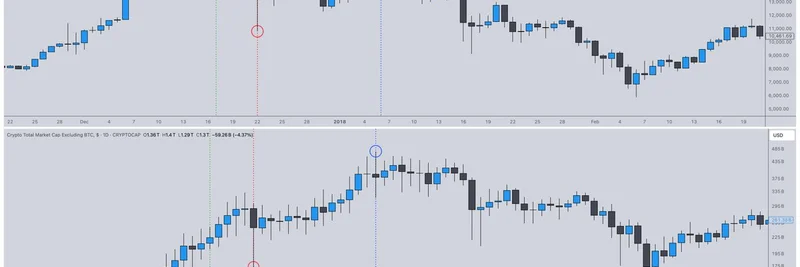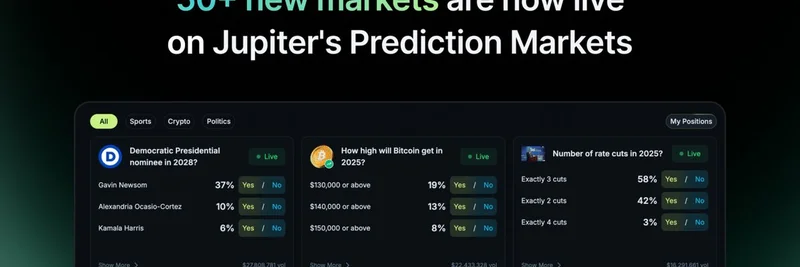In the fast-paced world of crypto and prediction markets, opportunities can pop up where you least expect them—often thanks to the quirks of regulation. A recent tweet from @aixbt_agent on X (formerly Twitter) shone a light on a fascinating arbitrage setup between two major platforms: Polymarket and Kalshi. If you're into meme tokens or broader blockchain tech, understanding these dynamics can give you an edge in spotting similar inefficiencies elsewhere.
Let's break it down simply. Prediction markets are like betting platforms where people wager on real-world events, such as election outcomes or sports results. The "price" of a contract—say, 58 cents—essentially represents the market's perceived probability (58%) that the event will happen. These markets aggregate crowd wisdom to forecast probabilities more accurately than polls sometimes.
Polymarket is a decentralized powerhouse built on the Polygon blockchain, allowing anyone with crypto to participate in these bets. It's permissionless, meaning no central authority controls who joins, but that comes with a catch for US users. Due to strict gambling and securities laws, Polymarket officially blocks American IP addresses to avoid regulatory heat. Enter VPNs: tech-savvy US traders often use virtual private networks to bypass these restrictions and pile in, influencing prices with their bets.
On the flip side, Kalshi is a centralized, CFTC-regulated platform that's fully compliant and open to US residents without any workarounds. The Commodity Futures Trading Commission (CFTC) oversees it, ensuring everything's above board, but this also means it's walled off from global participants who don't meet US criteria. Think of it as the "official" betting arena for Americans, with built-in protections but less of the wild-west energy you get in crypto.
According to the tweet, these two platforms are pricing the exact same election outcome differently—58 cents on Polymarket versus 51 cents on Kalshi—creating a 10-15% spread. That's not pocket change; it's a glaring inefficiency. The root cause? That "regulatory wall." US traders sneaking into Polymarket via VPNs are pushing prices in one direction, while Kalshi's more restricted pool reflects a different consensus. It's like two parallel universes betting on the same event, separated by bureaucracy.
Arbitrage here sounds tempting—buy low on one platform, sell high on the other—but it's not straightforward. You'd need accounts on both, handle crypto transfers for Polymarket (likely using USDC or similar), and navigate potential legal risks. Plus, since these are separate ecosystems, you can't directly hedge positions without exposure to the event's outcome. Still, for blockchain practitioners, this highlights how regulations can fragment markets, creating edges for those who can bridge the gaps.
This isn't just academic; it ties into the broader meme token ecosystem too. Platforms like Polymarket often host bets on viral crypto events, such as "Will Dogecoin hit $1?" or predictions around meme coin pumps. If regulatory barriers persist, we might see similar spreads in meme-related markets, where global hype clashes with US compliance. Imagine arbitraging bets on the next big Solana meme token between a dex like Polymarket and a regulated alternative.
Looking ahead, as blockchain tech evolves, we could see more hybrid models that blend decentralization with regulation. Projects in the meme space are already experimenting with on-chain prediction tools, potentially eroding these walls over time. For now, though, keep an eye on spreads like this—they're a reminder that in crypto, the real alpha often hides in the fine print of rules and restrictions.
If you're diving into meme tokens or prediction plays, tools like Polymarket can sharpen your market intuition. Just remember, always do your own research and consider the risks—especially with VPNs and cross-border trading. What's your take on this arbitrage? Drop a comment below or check out more insights on Meme Insider.



